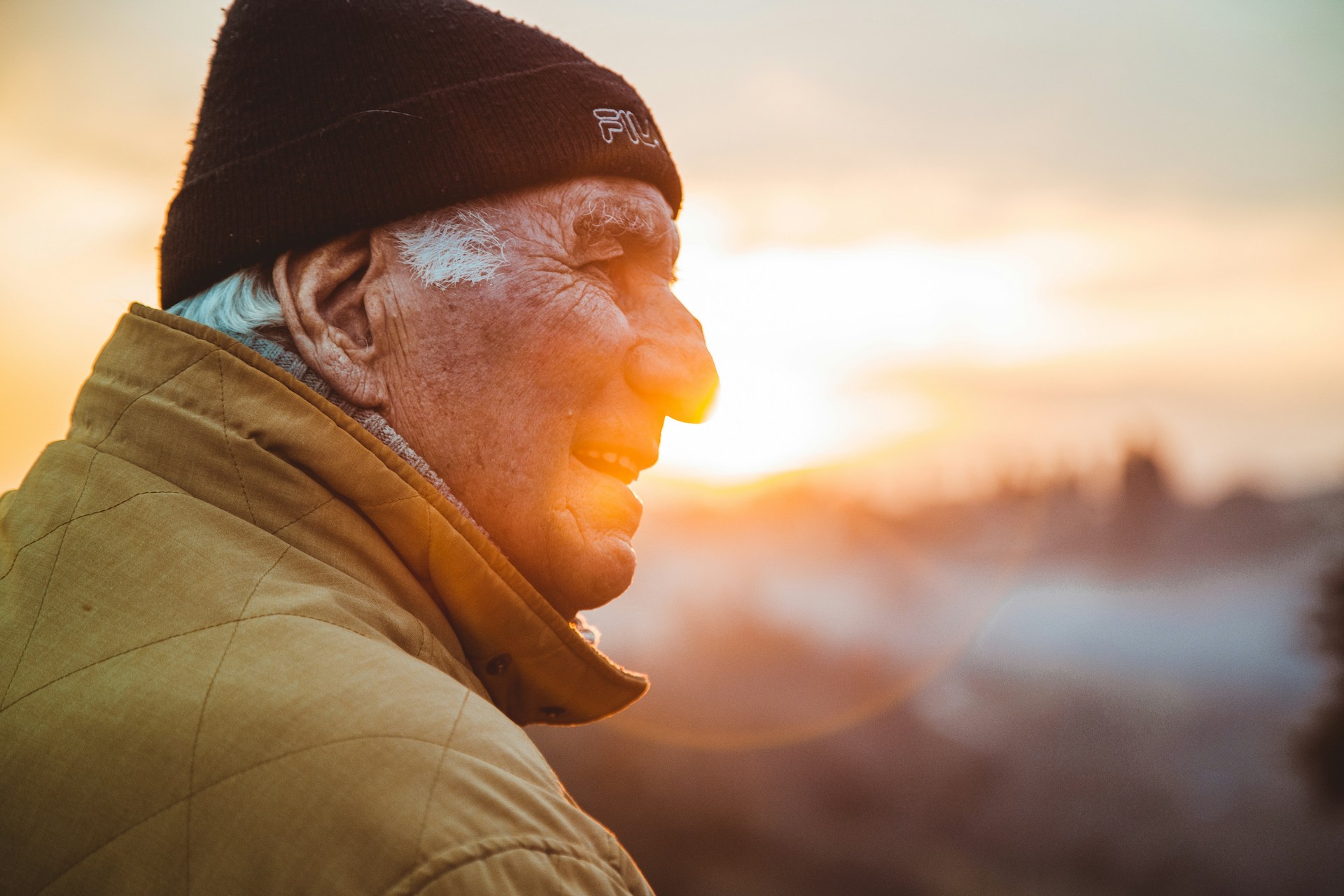Australia, like many developed nations, is experiencing a significant demographic shift as its population ages. This growing senior population is driving up the demand for specialised health services, creating both opportunities and challenges for the healthcare system.
Allied health professionals—such as physiotherapists, occupational therapists, speech pathologists, and social workers—are stepping into critical roles, helping elderly Australians manage their health, maintain independence, and improve their overall quality of life.
By 2050, nearly one-quarter of Australia's population will be over the age of 65. As the number of older Australians grows, so will the prevalence of chronic health conditions such as arthritis, diabetes, dementia, and cardiovascular diseases. These conditions can impair mobility, cognitive function, and daily activities, placing a strain on both individuals and the healthcare system. As Australians live longer, managing these health issues effectively becomes even more important. While doctors and nurses are key in providing medical care, allied health professionals are essential in helping seniors prevent or manage health decline and navigate the challenges that come with aging.
Subscribe for FREE to the HealthTimes magazine
Physiotherapists are crucial in helping seniors maintain mobility and prevent the physical decline associated with aging. As people get older, they often experience a loss of strength, flexibility, and balance, making day-to-day activities more difficult. Physiotherapists design personalised rehabilitation programs to help seniors build strength and improve posture. These tailored exercises also focus on fall prevention, a major concern for older adults, as falls can lead to serious injuries such as fractures. Post-surgery recovery is another area where physiotherapists play an important role, helping seniors regain their strength and mobility after joint replacements or other surgeries. This collaborative approach to physical health helps seniors maintain independence and stay active for longer.
Occupational therapists (OTs) help seniors adapt to changes in their physical or cognitive abilities, making it possible for them to continue performing essential daily tasks like dressing, cooking, and bathing. OTs assess both a person’s abilities and their environment, offering suggestions to make life easier and safer. For example, they may recommend installing grab bars in bathrooms, providing adaptive utensils, or rearranging furniture to prevent falls. OTs are also specialists in dementia care, helping individuals with cognitive impairments maintain structured routines and continue engaging in activities that stimulate the brain. By fostering independence and promoting mental well-being, OTs help seniors live with dignity and reduce the frustration that often comes with aging-related limitations.
Speech pathologists support seniors facing communication and swallowing difficulties, often caused by neurological conditions or age-related decline. As conditions like Parkinson’s disease, stroke, and dementia become more prevalent with age, speech pathologists help seniors regain their ability to communicate and eat safely. They use specific therapies to address speech issues, as well as strategies to reduce the risk of choking or aspiration. Swallowing difficulties are particularly concerning for seniors, as they can lead to malnutrition or life-threatening complications such as aspiration pneumonia. Through targeted therapy and adaptive techniques, speech pathologists help seniors improve their quality of life and continue to interact with others and enjoy meals safely.
Social workers play a vital role in providing emotional support to seniors, particularly as they face the challenges of aging. Feelings of isolation, depression, and anxiety are common as people grow older, often exacerbated by significant life changes such as the loss of a spouse or declining health. Social workers offer counselling, helping seniors and their families navigate these emotional hurdles. They also assist in connecting seniors with essential resources, including government assistance programs, housing support, and community services. Social workers advocate for seniors, ensuring they receive the care and social support they need to live independently and with dignity. Their ability to guide them through difficult transitions helps seniors cope with emotional and social challenges while maintaining their mental health and well-being.
As the demand for allied health services grows, particularly in rural and remote areas, the shortage of trained professionals has become a significant issue. Many seniors in these underserved regions face difficulties accessing the specialised care they require. In response, the Australian government has introduced policies designed to encourage allied health professionals to work in these areas, including financial incentives and expanded training programs. Telehealth services are also being utilised to bridge the gap, enabling seniors in remote locations to access critical services like physiotherapy and speech therapy online. This innovation helps ensure that even seniors in the most isolated communities can receive the support they need without having to travel long distances. By working closely with other healthcare providers, allied health professionals can create a holistic approach to care, ensuring that seniors receive the comprehensive services they need to live full and healthy lives.













